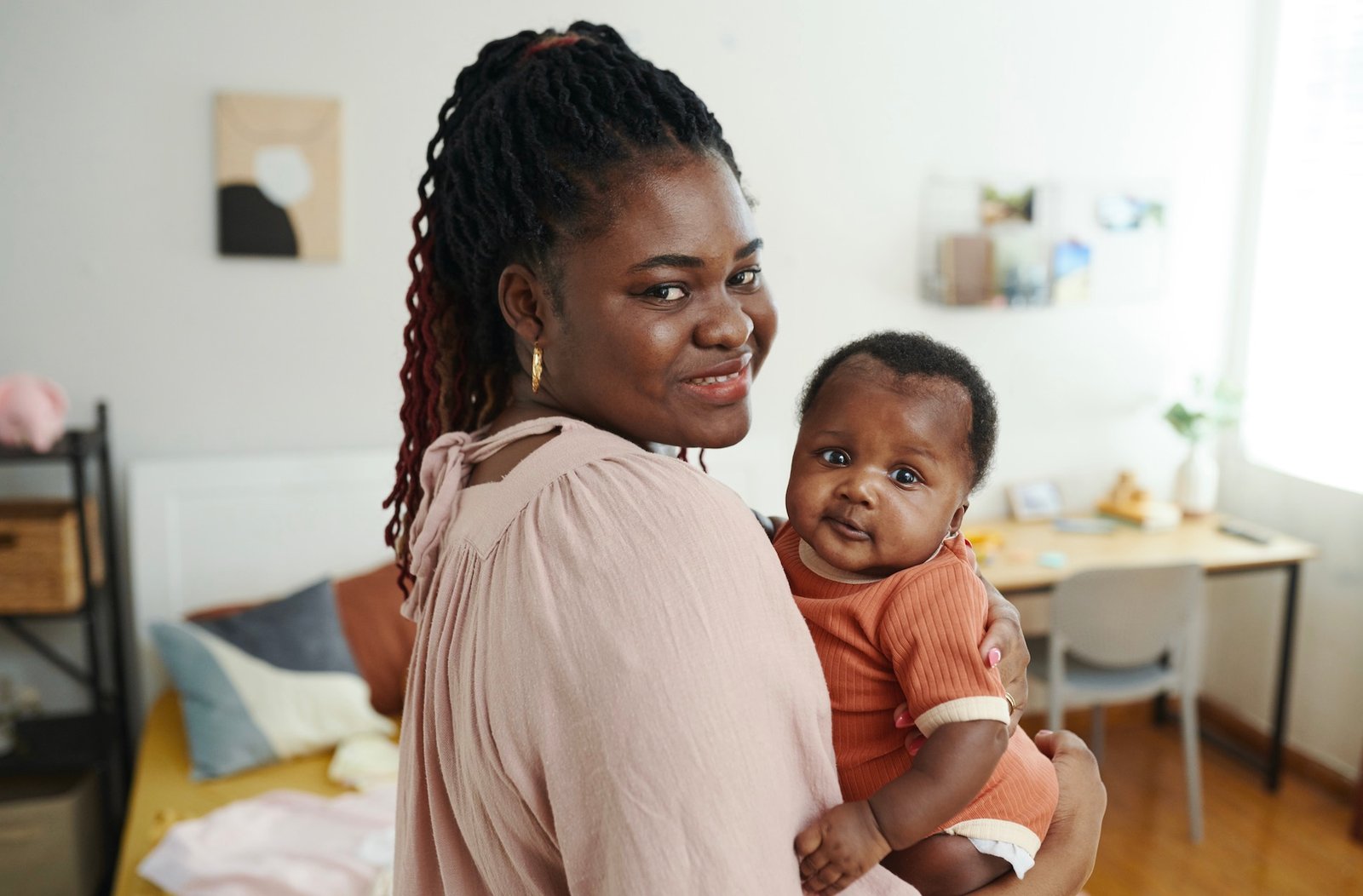Child Maintenance List of Allowable Expenses in South Africa:
Raising a child in South Africa comes with its unique set of challenges and responsibilities, particularly in the realm of financial planning to ensure all their needs are met comprehensively. Child maintenance is a critical area that spans a broad spectrum of expenses, not just covering the basics like food and shelter, but also extending to more specialized needs such as education, medical care, and even leisure activities. It’s about more than just fulfilling the essential needs; it’s about laying down a solid foundation for a secure and well-rounded upbringing. As parents and guardians work through these responsibilities, having a clear understanding of the extensive list of potential expenses can be instrumental in better financial planning and management of child care.
Comprehensive Scope: In South African law, child maintenance covers all essential and developmental needs of the child, including health, education, and general welfare, ensuring a holistic approach to the child’s upbringing.
Adjustable Payments: Recognizing the dynamic nature of a child’s needs and parental financial capabilities, the law allows for maintenance payments to be revised in response to changing circumstances, ensuring fairness and adequacy.
Mandatory Compliance: The legal system strictly enforces maintenance orders, employing measures like wage garnishment and potential incarceration for non-compliance, highlighting the seriousness of these obligations.
This detailed list of child maintenance expenses acts as a crucial guide for parents and guardians, outlining the diverse and comprehensive nature of the costs involved in raising a child in South Africa.
It underscores the necessity of budgeting for daily essentials such as groceries, personal care, and utilities, while also shedding light on significant commitments towards education, healthcare, and transportation. Moreover, it brings attention to often overlooked areas like leisure and recreation, home maintenance, and even pet care, showcasing the extensive scope of financial planning required.

By recognizing and preparing for these various expenses, parents can ensure they are offering the best possible support and care for their children’s development and well-being.
Child Maintenance List of Allowable Expenses in South Africa
Here’s a breakdown of child maintenance expenses in South Africa, laid out to give you a clear picture of what to consider:
- Groceries and Personal Care
- Food essentials
- Personal hygiene products
- Hair care and cosmetics
- Utilities and Household Expenses
- Water, electricity, gas, paraffin
- Rates and taxes
- Laundry and dry-cleaning
- Household Expenditure
- Daily lunches
- Telephone bills
- Payment for domestic workers and garden services
- Short-term insurance
- Clothing and Footwear
- Everyday clothes and shoes
- School uniforms
- Sports attire
- Transport
- Public transport (bus, taxi, lift club)
- Car expenses (installments, insurance, maintenance, fuel, licences, parking)
- Educational Expenditure
- School fees
- Childcare (crèche, day care, after school care)
- Study insurance
- Books, stationery
- Extramural activities, outings, sports
- Other school-related expenses
- Medical Expenditure
- Doctor and dentist visits
- Medication
- Hospital expenses
- Other medical costs
- Insurance
- Life insurance
- Annuities
- Property insurance
- Pocket Money and Allowances
- Leisure and Recreation
- Holidays and entertainment
- Subscription services like M-Net
- Home Maintenance and Essentials
- Maintenance and repairs
- Household appliances
- Kitchenware, linen, towels
- Bicycles, bikes, scooters
- Personal Loans Repayments
- Security
- Alarm system
- Memberships and Subscriptions
- Contributions
- Religious
- Charities
- Gifts
- TV Licence
- Reading Material
- Books, newspapers, periodicals
- Furniture and Appliances
- Lease or credit payments
- Pet Care
- Food
- Veterinary services
- Licences
Get A Lawyer to Help you with Child Maintenance Matters
This extensive list highlights the multifaceted nature of child maintenance, covering everything from basic necessities to educational and recreational needs. It underscores the importance of planning and budgeting to ensure children are supported in every aspect of their lives.
Did You See These?
- How to apply for spousal maintenance in South Africa
- How long do you pay spousal support in South Africa?
- At what age does a father stop paying maintenance in South Africa?
- How can I reduce my child maintenance payment in South Africa?
- How much child maintenance should I pay for 1 child in South Africa?
- Does child maintenance increase yearly in SA?
- Why would a mother not get custody in SA?
- What is the definition of an unstable parent according to SA Law?
Disclaimer
The content presented on this website was originally created by the team at Legal Advice. All information related to legal firms and legal matters is based on "User Submitted Data", and or publicly accessible data available from more than one online sources. Should you have any concerns or disputes about the information provided, please feel free to reach out to us at hello@legaladvice.org.za.

